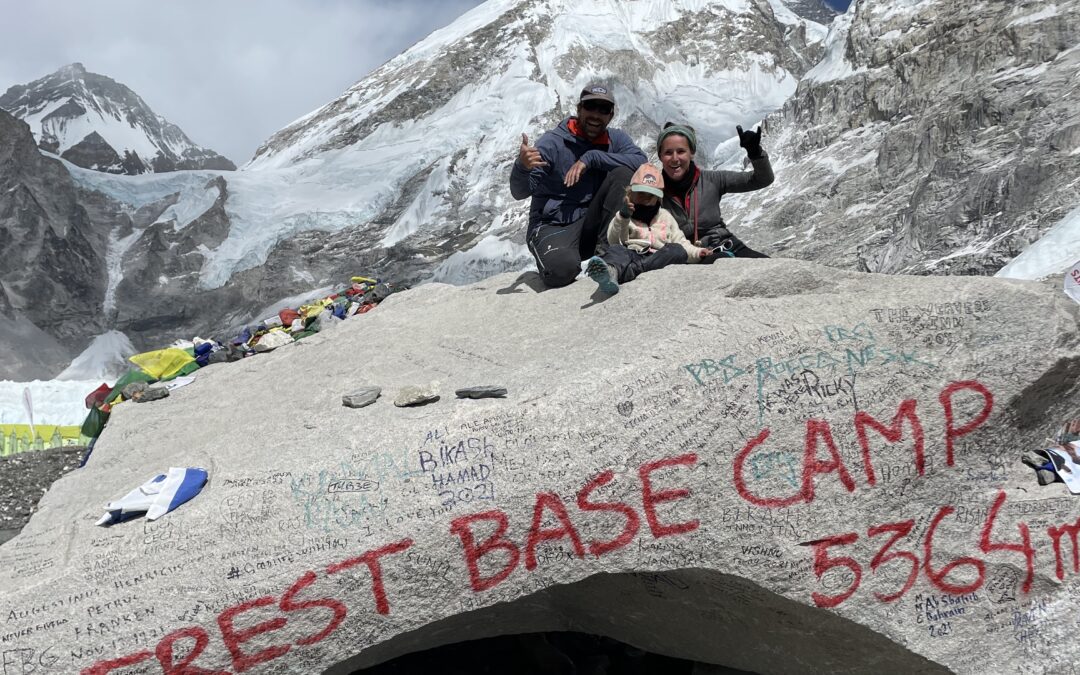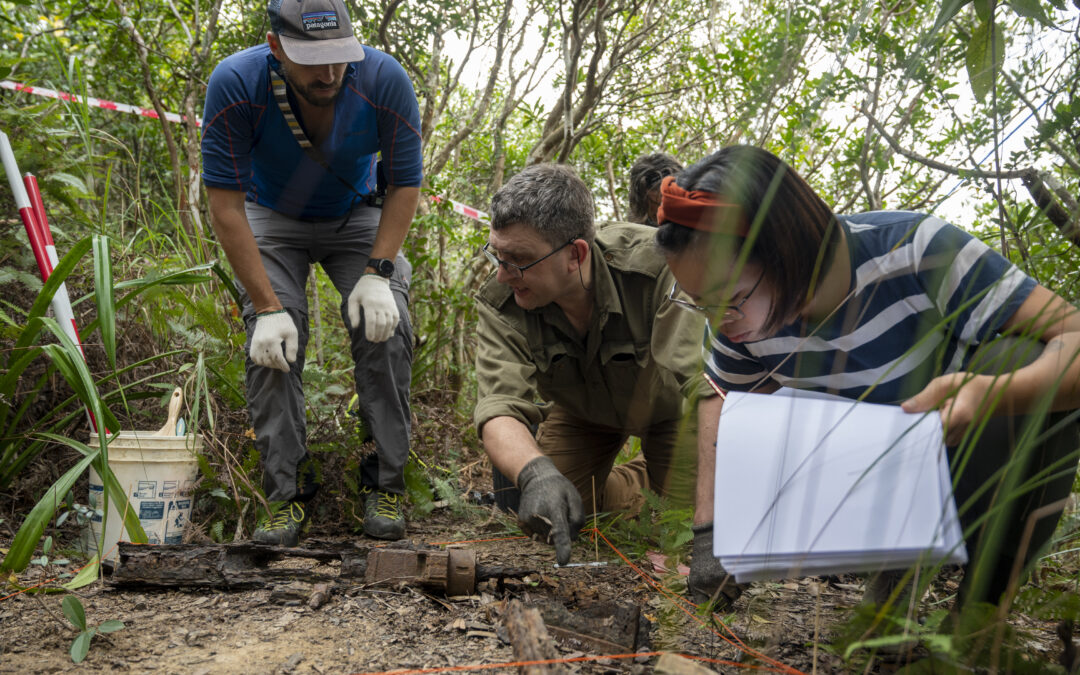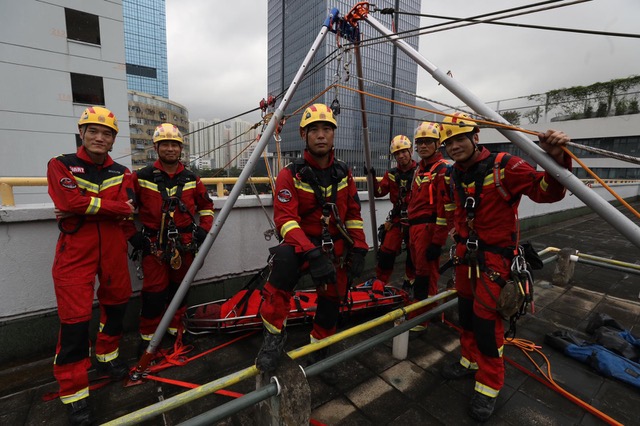The misty fort of Jaisalmer, like a gigantic sandcastle rising out of the desert, marked the end point of our rickshaw journey. With its last breath of life, both vehicles managed to get over the finish line. It was with mixed feelings that we handed over the keys and jerry cans – for 14 amazing and fascinating days, these two oversized but under-motorized three-wheelers have been our only form of transport on a truly magnificent journey. It has been a week now since I have returned to the orderly, comparatively non chaotic, life of Hong Kong. Over the days that have since passed, I had time to start rationalize and summarize some of the experiences and take-aways of this journey. We set out to examine education, in particular girls education, and some of the observations are quite worrying – (please note, that we didn’t do a scientific study, just anecdotal encounters – so its hard to generalize):
- Education struggles in a complex ecosystem of traditions, family and historical values. This is particular accentuated in the approach towards woman and girls and their standing in society.
- Several of the girls we met and interviewed, especially from low income group gave us the feeling that they feel they worth less than boys – “why study, if I am just getting married away, have kids and run the household ?
- Language creates a big barrier – While Hindi acts as sort of lingua franca, India has no official state language but recognises 14 different official languages. We encountered several situations where Indians from different parts (Kerala vs Rajasthan) could not communicate with each other.
- While school is provided for free by the government in the first eight grades, a lot of these schools suffer from corruption (we heard that most of the infrastructure money, which amounts to more than US$ 2,000 per school/ year never arrives, hence toilets and other important facilities etc are never built)
- Some of the schools we visited had very low quality teaching – some of the teachers put South America into South Africa and a lot of the English learning material was so difficult that its not surprising that the kids have a hard time to learn it.
- We spotted a strong difference between the southern (Kerala) and northern states(Rajasthan). There were more working children (we saw them at the side of the highway, in the cities and villages) who were also harder to connect with and significantly less knowledgeable of english .
Thankfully we also had the luck and honour to meet amazing leaders along the way – people who want to change the status quo, three of them I quickly want to mention:
- Sunil Kandbahale (http://sunil.khandbahale.com/) Sunil is the first in his family to ever go to school and he used his knowledge and self learning to build the largest website translator for Indian languages – his website has now more than 100million users! He also runs and supports two amazing school projects in Nashik.
- Ashok Khosla (http://khosla.in/) Ashok is one of the first social enterpreneur, building a successful company that makes sustainable products and improves the lifes to the poorest in India. His company also started an amazing literacy program for woman, that can teach them reading and writing within 2 months with a success rate of 98%! So far more than 150,000 women have passed through this program.
- Meena Bhati (https://educategirlsblog.wordpress.com/2014/06/19/the-power-of-a-second-chance/) Meena was one of the founding partners of Educate Girls. Having been born in a rural village she dropped out of school at a very early stage, she got a second chance as an adult. She holds now a bachelor in Education. She has since been on a mission to share her story and empower girls in more than 50 schools.
These and lots of other stories make me hopeful that there is change coming. Hence why our mission is not yet finished – we set out to get 10.000 Girls into schools and we want to support Educate Girls!!If you want to help too – here are the links: USD: https://www.ammado.com/community/150473 GBP: http://www.gofundme.com/educationexplorers Finally some long-awaited statistics: Distance travelled: by rickshaw: 2645km Rickshaw on the train (Goa-Mumbai): 765km Paul on train: 766km (Jaisalmer – Delhi) Fastest Speed: 71km/h Longest daily Distance: 342km Break-Down/Mechanic Stops: 17 Biggest Mechanic Bill: Rs5500 (USD90) (full replacement of Front Axle, Front Wheel and windscreen) Schools visited: 6 NGO shared: 5 Playmobil toys handed out: 324 Hospitals visited: 7 Doctors consulted: 12 # of times Palak Paneer ordered: 15 Most number of Kachori eaten in a day: 7 Kingfishers consumed: xx (not to be revealed) Favourite Indian Whiskey Brand: Royal Challenge Best Elevator Music: Hotel Athiti, Ghodra Best Hotel: The Gulaal, Jaisalmer Best Toilets: Desert Open Air Toilet (=bush) Here are some further pictures of the trip: 















